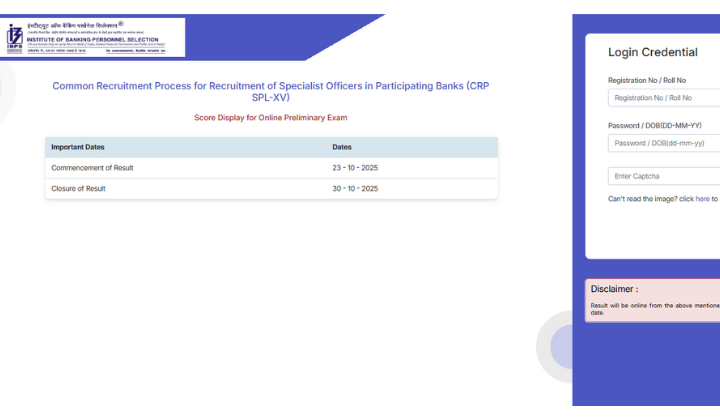Now Reading: When Your Career Disappoints Your Parents: What No One Talks About
-
01
When Your Career Disappoints Your Parents: What No One Talks About
When Your Career Disappoints Your Parents: What No One Talks About

Choosing a career you love can feel like a victory—until your parents don’t approve. For many young Indians, especially from Tier 2 cities, the pressure to pick ‘secure’ or ‘prestigious’ jobs often clashes with personal dreams. Whether it’s leaving a government job path or saying no to engineering or medicine, disappointment from family isn’t always about failure—it’s about expectations.
Why Career = Identity in Indian Families
For parents, a child’s job isn’t just about income—it’s about reputation, stability, and social standing. A bank job, IAS seat, or software position carries weight in conversations, marriage proposals, and family gatherings. Creative fields, entrepreneurship, or freelancing? Often seen as unstable or unserious, even if they pay well.
The Emotional Toll of Not Meeting Expectations
When your career path doesn’t align with your parents’ vision, the reactions range from silence to guilt trips. You might hear “log kya kahenge?” or “we sacrificed so much for you.” It can lead to self-doubt, strained communication, or worse, a constant need to prove yourself just to feel accepted.
Different Worlds, Same Household
This clash often comes from a generational gap. Parents raised in scarcity prioritize safety. Children growing up in a digital, global world prioritise purpose and flexibility. Both perspectives are valid—but they rarely meet halfway. Especially in Tier 2 cities, where traditional success stories still dominate, alternative career paths are misunderstood or dismissed.
When Passion Isn’t Enough
Even if your chosen path is something you’re great at—writing, design, fitness, music—it may not be convincing to parents unless it guarantees income and social proof. Many end up working two jobs: one to earn, one to prove. For some, it leads to burnout; for others, it becomes motivation.
The Need for Honest Conversations
Dealing with the disappointment requires patience, communication, and clarity. It’s important to explain—not defend—your choices. Show growth, share milestones, and involve them in your journey. Over time, many parents come around when they see effort, discipline, and results, even if they don’t fully understand the profession.
Conclusion
Your career should bring you purpose, not guilt. While parental approval matters, it shouldn’t come at the cost of your mental health or identity. The real win is when you can stand by your choice—and invite your parents to understand, not just accept it. Because careers may change, but regret can last longer.
























